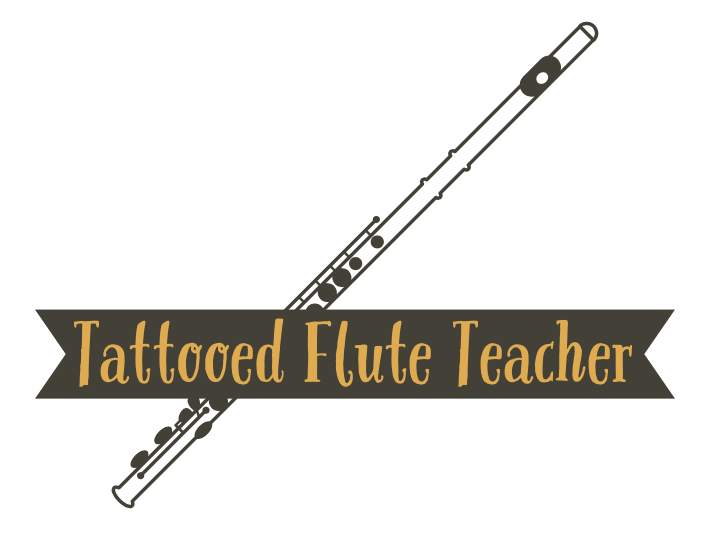Three Baroque Flute Pieces You Should Definitely Play
You know, I remember when I first started playing flute, I HATED Baroque music, however as I’ve grown as a musician, I’ve found that studying Baroque music teaches you to be a better musician in so many ways. Not only does it require more discipline than some of the more flourishy pieces in, say, the French romantic era repertoire, but because it was played on a totally different instrument, it requires a specific tone color that will require some experimentation. Over and all, you should definitely play at least a few Baroque pieces over the course of your flute journey, and I have some suggestions as to which ones.
G.P. Telemann Fantasia II in a minor
If you’ve every studied any music history, you’ve heard of Mr. Telemann. He was one of the most prolific composers of the area, and he wrote some incredible pieces, which include the Twelve Fantasias. Lyrical pieces like this were not commonly written for the flute, so Telemann was breaking down musical walls when he wrote these iconic works for the flute. The Fantasia in a minor is one of my favorites, with several sections including a beautiful Grave section to a lively Vivace. The purposes of the Fantasias was geared towards the blossoming student, as each one is in a different keys, exposing students to a variety of keys, rhythms, and styles.
J.S. Bach Sonata in e minor
Bach, who was writing music after Telemann, wrote some incredible pieces for flute, many of which you can learn a lot about articulation and dynamics from. His Sonata in e minor is one of my absolute favorites, the Adagio section being lyrical and beautiful, but also showcasing a large portion of the flute range, and the Allegro sections really showcasing articulation. It can be a challenge for less experiences players, but is a great opportunity to really study the technical and tonal aspects of Baroque playing for players that are looking to really dive deep.
C.P.E Bach Concerto in A Major
This is a great one. Technically challenging in spots, particularly in the articulation arena, but you’ll learn a lot about clean tonguing along the way. Triplets for dayyyyys. It’s a great piece if you’re looking to challenge those chops.
Bonus: Orchestral Excerpts
If you haven’t begun to work on Orchestral Excerpts yet, there’s no time like the present! Pick up a copy of Orchestral Excerpts for the Flute. Not only are these short pieces a great way to learn, but they’re also most often what you’ll find in auditions, professional or otherwise. J.S. Bach contributed the most to our Baroque Orchestral repertoire, so here are a few worth studying:
Orchestral Suite No. 2 in b minor, Polonaise and Badinerie - J.S. Bach
St. Matthew Passion No.58: “Aus Liebe will mein Heiland sterben” - J.S. Bach
Baroque Technique and Tone
Baroque flute playing requires clean, precise articulation with space between your notes. Keep in mind the idea is not staccato, but rather natural, light pauses between notes. Even if the passage is written legato, there should be light space between the notes.
Work on fast diminuendos. While Baroque music doesn’t often have a ton of dynamics written, fast decrescendos are essential to playing the repertoire correctly.
While I’ve discussed this in other posts, it’s important to let your air build up behind your teeth and letting it push your tongue out of the way from the pressure in order to get a clean, powerful attack. This is useful in a lot of places in flute playing, but particularly when learning to play Baroque music accurately.
Final Thoughts
Even if you don’t love Baroque music, in general, it’s worth spending some time getting familiar with the technique and finding some beauty in it. There’s lots to learn and you’ll be a better musician because of it. There’s a fair amount of repertoire that we didn’t dive into here, so if you find yourself excited by Baroque flute music, don’t worry - there’s plenty to go around!
If you would like to explore the intricacies of flute playing and improve all the way around, let’s talk! I teach private lessons in person, online, and in asynchronous formats, and would love to partner up with you to see you improve!

